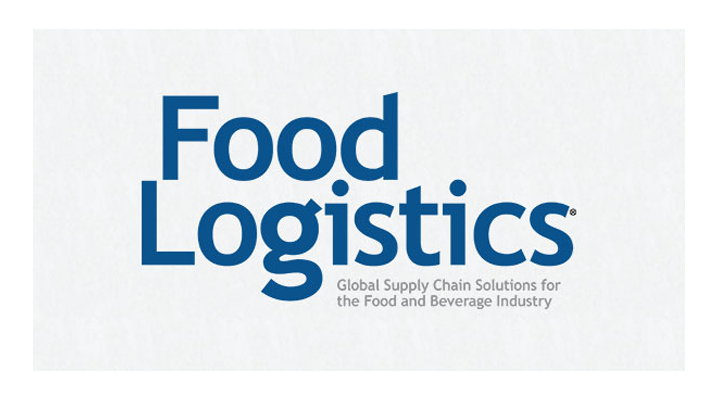During the Coronavirus disease (COVID-19), the workers on the front lines of food logistics – the men and women stocking shelves, transporting goods and installing equipment – are, in fact, essential to keeping the economy moving.
As an employer or manager, failing to engage these workers can lead to substantial business costs – Gallup found that disengaged workers can result in 37% higher absenteeism, 18% lower productivity and 15% lower profitability. These effects of disengagement on workers can be summed up in one word -- unhappy.
A survey by The Harvard Business Review found that 78% of executives believe that connecting and empowering mobile employees is critical to their overall success. But, a PwC survey found that more than 80% of HR and IT leaders say they struggle with worker adoption of new technology solutions.
These twin realities reveal a significant disconnect between the promise of digital technology in driving gains in efficiency and profitability and the challenge of low rates of worker adoption that can stymie productivity and job satisfaction.
As mobile apps and devices play an increasingly critical role in boosting worker engagement, a digital adoption strategy that is tailored to your workforce can ensure higher levels of job gratification by workers in three important ways.
1. An effective digital adoption strategy improves communication and collaboration
When workers are not sitting in front of a computer at a desk, it can be very difficult to reach them over the course of a work day. That’s why employers today need to meet their mobile employees where they’re at – on their mobile devices.
Nearly 90% of mobile employees said the ability to access information from anywhere, at any time is important to them, according to a recent survey, and a mobile app as a communication channel among employees helps everyone stay in touch, informed and positive.
Mobile apps also help workers collaborate on tasks and share files, records or documents and enables the use of centralized online workspace to track deadlines, specific deliverables and budgets. They also enable texting, video conferencing and video chats between workers to discuss an issue or problem.
Managers can use mobile apps to communicate with distributed workers to solve problems as they arise or avoid them before they happen. Mobile apps also allow a manager to track a team’s work, which means that repetitive and redundant actions can be identified and eliminated. Mobile apps can also be key tools for streamlining important company news and information about HR policies such as health insurance, vacations and holidays, keeping everyone on the same page.
2. A successful digital adoption strategy delivers efficiency
The potential for substantial improvements in efficiency – getting things done easier and faster – is the deciding factor for virtually all companies when deploying a mobile app.
The most obvious example is how organizations of all sizes have saved millions of dollars by reducing or eliminating paperwork with electronic documentation in real time. In companies with a large field staff of sales professionals and maintenance and service staff, managing critical information on a handheld device is the fastest way to make sure a task is completed. It also keeps the entire team on the same page and apprised of changes and developments.
3. A well-designed sound digital adoptions strategy boosts worker autonomy
Giving workers digital tools that help them become more efficient can also lead to greater empowerment and autonomy. A sense of autonomy is an important contributing factor to employees’ sense of engagement with their work.
Employees who are empowered to make their own choices about how they do their job and complete tasks are more fulfilled by their work, more committed, more productive and more loyal than those whose every action is explicitly prescribed.
A mobile app and its digital training can make employees feel more valued and motivated to learn new and additional skills. It can also instill a greater sense of team and company culture. All of these can inspire a higher level of fulfillment and happiness.
According to a recent survey, 81% of mobile employees said training makes them feel more engaged and content at work.
As mobile apps play an increasingly critical role in how workers feel about their jobs, they are tools that can help essential workers do their jobs faster and better. These digital tools need to be designed and deployed in a way that helps them with their work – not get in the way. Management that supports doing things efficiently and quickly is a sure path to job satisfaction for workers.
Read this article on Food Logistics.



No Comments Yet
Let us know what you think